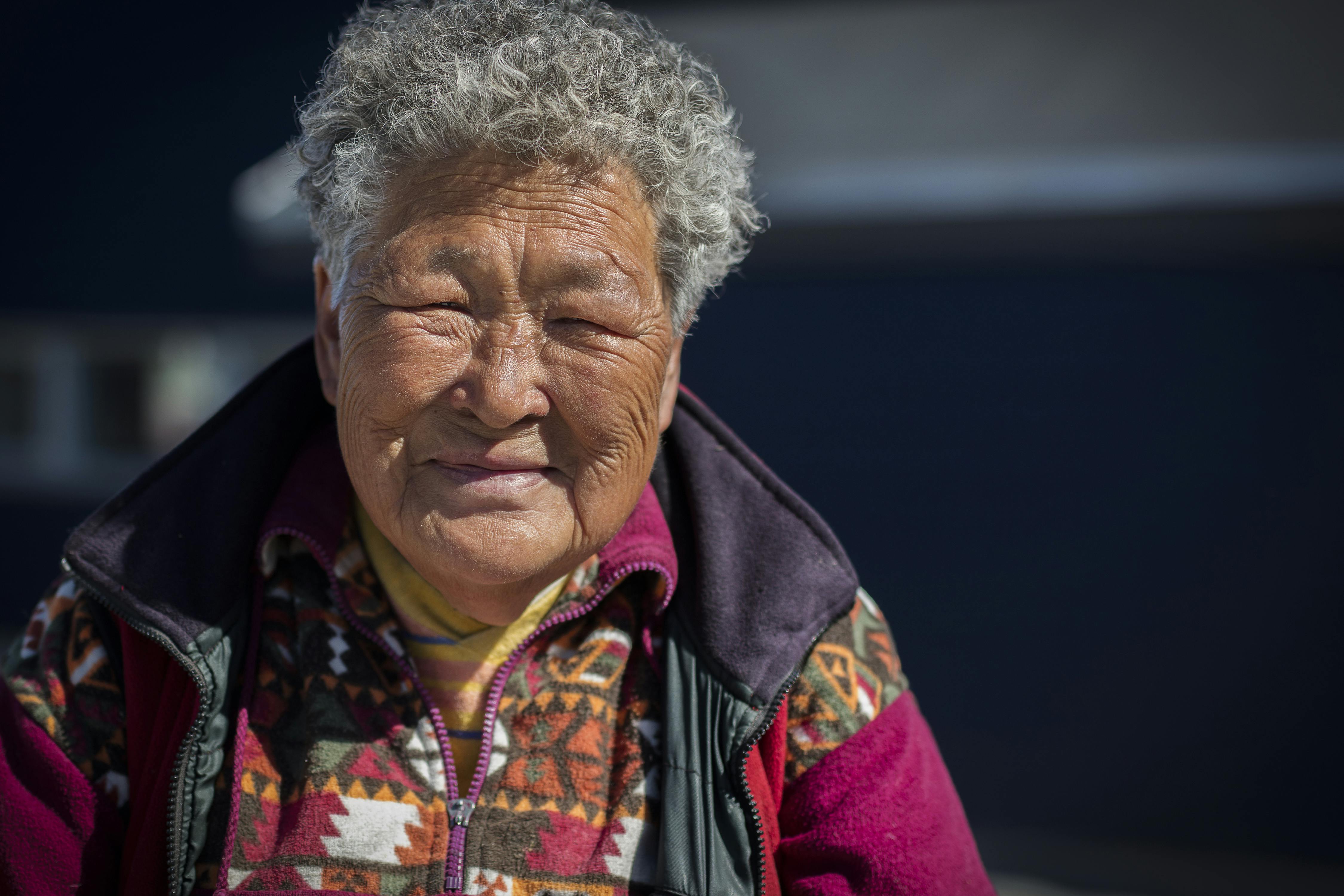March 8: International Women’s Day
By Minister of Gender Equality, Naaja H. Nathanielsen
Since 1910, March 8th has been used to mark the fight for women’s rights. The day is celebrated across the world to bring attention on the state of women. The list of subjects that one can focus on is very, very long. However, this year it is hard to ignore the Coil Campaign (“Spiralkampagnen in Danish”) as an important subject and as an example of the inequality women are exposed to.
The Coil Campaign is an example of the fact that women’s self-determination over their own bodies and women’s sexuality always have been a battlefield. Through the years, subjects such as women’s access to safe and legal abortions, birth control, number of allowed births, pregnancies out of wedlock and politicizing women’s sexual desires.
The Coil Campaign has had damaging consequences for both women and the Greenlandic society. The Coil Campaign have left lasting scars on souls and bodies, and some couples have even lost the opportunity to become biological parents. It is a dark time, and we have with dismay and anger listened to women share stories about their experiences. This case should remind us about the fact that the fight for equality concerns all of us.
Unfortunately, the fight for women’s rights to control their own bodies is not a historic fight. It is an ongoing fight that continues to concern women across the world. In this country, we continue to see a high number of sexual assaults, which can only be seen as lack of respect for the bodies of girls and women.
In Canada, Indigenous women have been subjected to forced sterilization. According to a new report, one in four Norwegian women have experienced rape during their lifetime. In USA, more and more states have enacted new bans on abortion. This is also the case in Europe. These stories must be seen in the context. These stories are symptoms of the global inequality that women are confronted by every day and are the reasons why we for the 113th time mark the International Women’s Day.
Naalakkersuisut has equality on the agenda every day of the year. This year, an updated equality and anti-discrimination law will emerge. Additionally, we must adjust our maternity regulations, so that female business owners can use the maternity fund. The implementation of a consent-based rape regulation is expected to make rape convictions easier. This is necessary, as it pains to see that 58 % of reported rape cases are dropped. 92 % of the dropped cases are dropped due to evidence. It is this bias that the adjustments to the criminal law must rectify.
Fundamentally, it is important to work with norms, because the biggest challenges in achieving gender equality are changing habits, increasing inclusiveness, and breaking old, traditional relations of power.
I invite you all to be a part of the fight for a better and more equal society. Push norms and help secure space for all of us, regardless of gender.
For further information, contact academic officer Najaaraq Josefsen, Ministry of Finance and Gender Equality: e-mail najn@nanoq.gl
